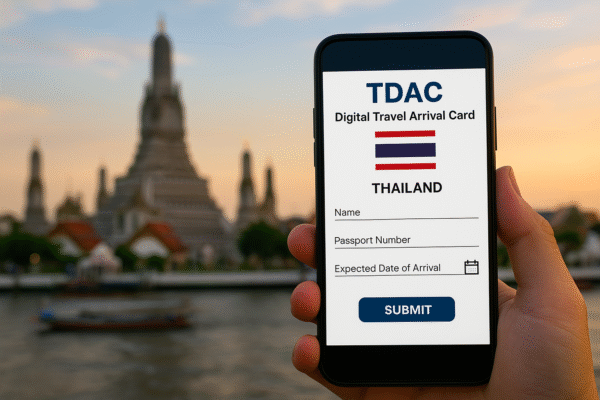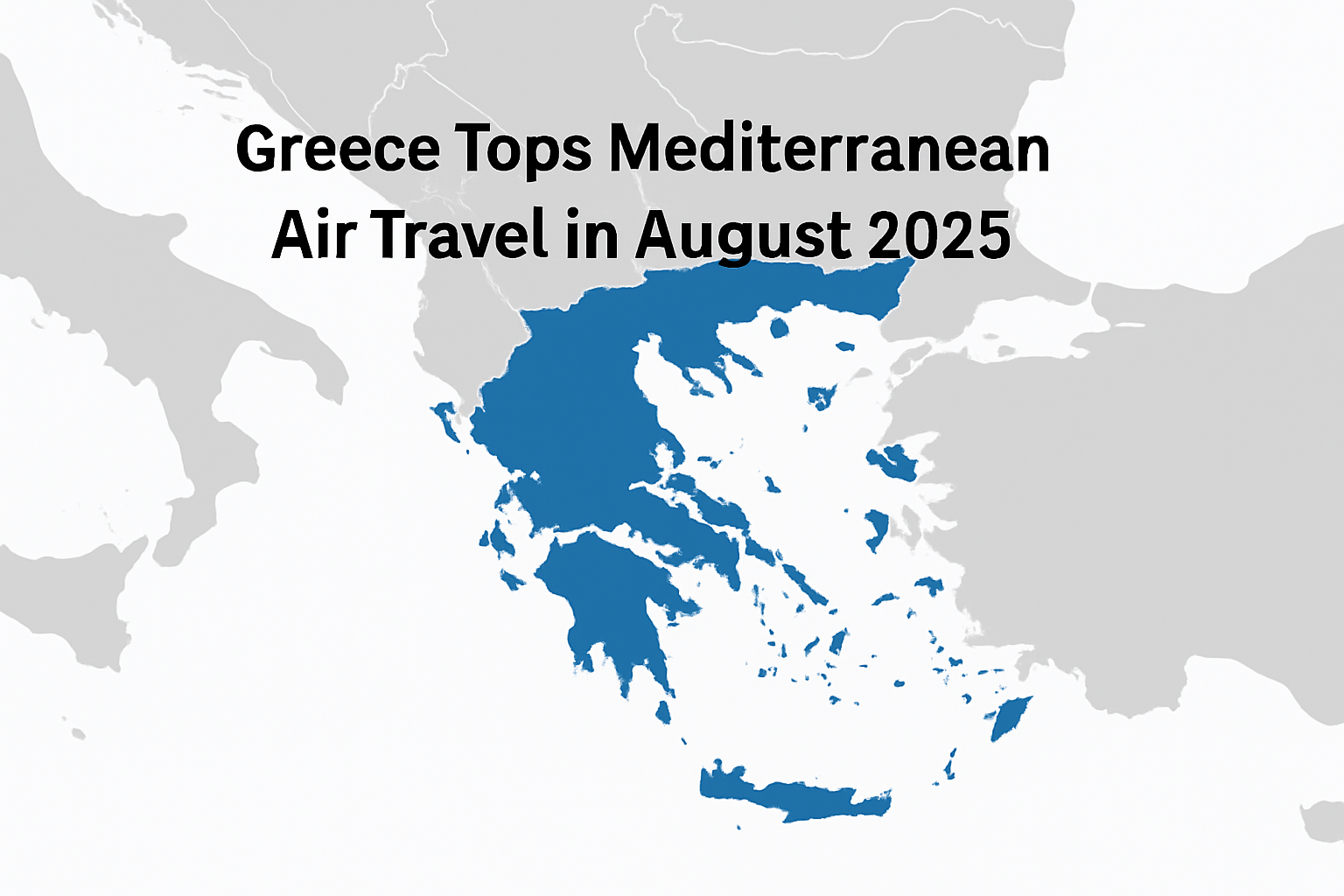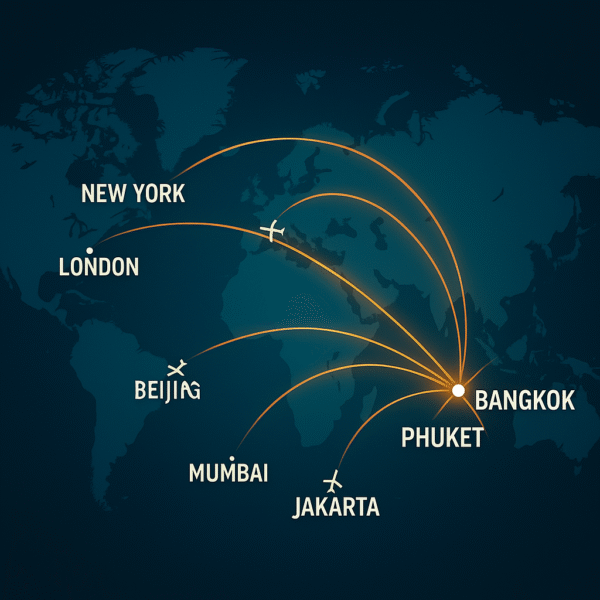South Africa is set to join a growing list of nations, including the United Kingdom, Canada, South Korea, Russia, Thailand, Australia, and New Zealand, in implementing mandatory Electronic Travel Authorizations (ETAs)—a move that officially ends traditional visa-free entry for millions of international travelers. Scheduled for rollout in September 2025, South Africa’s new ETA system reflects a larger global transformation toward digital border management and pre-arrival screening.
The ETA policy will apply to all visitors from currently visa-exempt countries, including U.S. passport holders, marking a significant change for leisure and business travelers accustomed to spontaneous travel with just a passport.
The Global Trend: Why ETAs Are Replacing Visa-Free Travel
As international travel rebounds in a post-pandemic world, governments are turning to electronic authorization systems to balance national security, streamline immigration, and pre-verify traveler eligibility. ETAs offer a middle ground between full visa applications and unrestricted border entry, giving countries more control without imposing lengthy bureaucratic processes.
South Africa’s upcoming ETA mirrors this global shift and will bring the country in line with major destinations already utilizing digital pre-travel clearance.
How ETAs Work: A Global Overview
United Kingdom
The UK’s ETA system became mandatory for select travelers in 2024 and will expand to all non-visa nationals by early 2025, including Americans. The two-year ETA allows stays up to six months and costs £16 (approx. $20 USD). Multiple entries are permitted.
Canada
Implemented in 2016, Canada’s ETA applies to air travelers from visa-exempt countries (excluding U.S. citizens). Valid for five years, it costs $7 CAD (approx. $5 USD) and allows multiple visits of short duration.
South Korea
The K-ETA was launched in 2021 and is valid for two years, allowing stays of up to 90 days. It costs around ₩10,000 (approx. $7–8 USD) and is required for travelers from dozens of visa-waiver nations.
Russia
Russia’s e-visa system will launch in June 2025, offering 60-day validity for a single entry at a cost of approximately $40 USD—one of the more expensive and restrictive models among ETA programs.
Thailand
Thailand’s ETA program is currently in pilot stages and is expected to launch fully by mid-2025. It remains free of charge for now and provides single-entry access, with the potential for fees as the program matures.
Australia
Australia’s long-established ETA system (subclass 601) allows multiple short visits over 12 months for $20 AUD (approx. $13 USD). Travelers apply via a mobile app with approvals typically issued in under 24 hours.
New Zealand
New Zealand’s NZeTA, introduced in 2019, includes a visitor levy that brings the total cost above $70 USD. The ETA is valid for two years and allows stays of up to 90 days per visit.
What to Expect from South Africa’s ETA System
Although final implementation details are still pending, South Africa’s ETA will likely follow a familiar structure:
- Eligibility: Citizens of visa-exempt countries (including the U.S., EU, and select Asian nations)
- Cost: Expected to be under $20 USD
- Validity: Likely one to two years, with multiple-entry capability
- Application: Digital form submitted online with passport and travel information
- Approval Time: Typically within 72 hours, sent via email with a QR-linked confirmation
The South African Department of Home Affairs is expected to release more specifics by mid-2025, including launch partners, platform access, and support services.
Implications for Global Travelers
For many, the implementation of ETAs marks the end of spontaneous international travel. No longer can tourists simply show up at the airport with only a passport in hand. The digital pre-screening process—while streamlined—is now a non-negotiable step in the travel experience.
This transition emphasizes security, data collection, and pre-arrival risk assessment, especially as nations look to tighten border control post-pandemic. It also signals a move toward more coordinated global travel frameworks, where digitized permissions are normalized across continents.
South Africa’s Move Aligns with Broader Policy Goals
South Africa’s decision to join the ETA ranks aligns with its long-term strategy to modernize immigration and position itself as a competitive and secure destination. According to the Department of Tourism, the country is targeting a 25% increase in international arrivals by 2030, with a focus on digitally driven, sustainable growth.
The ETA system will help reduce congestion at entry points, enhance screening, and improve border efficiency, particularly at high-traffic hubs like O.R. Tambo International Airport (Johannesburg) and Cape Town International Airport.
Preparing for the ETA Era
Travelers are strongly advised to:
- Check South Africa’s Department of Home Affairs and embassy websites before booking
- Apply for ETAs well in advance of travel
- Ensure passport validity matches ETA lifespan
- Retain a digital or printed copy of the ETA approval when flying
With eight countries now using ETAs as standard entry procedures and many more expected to follow, it’s increasingly clear: the age of visa-free travel is over in practice, if not in name.
Final Thoughts
South Africa’s upcoming ETA requirement signals not just a national policy update—but a confirmation of the global travel industry’s digital pivot. As travelers adjust to pre-travel applications, online fees, and entry documentation, it becomes clear that the future of international tourism lies in digitization, verification, and streamlined control.
For global travelers, the message is simple: the passport may still open the door, but now you’ll need an ETA to turn the handle.
For more travel news like this, keep reading Global Travel Wire




















